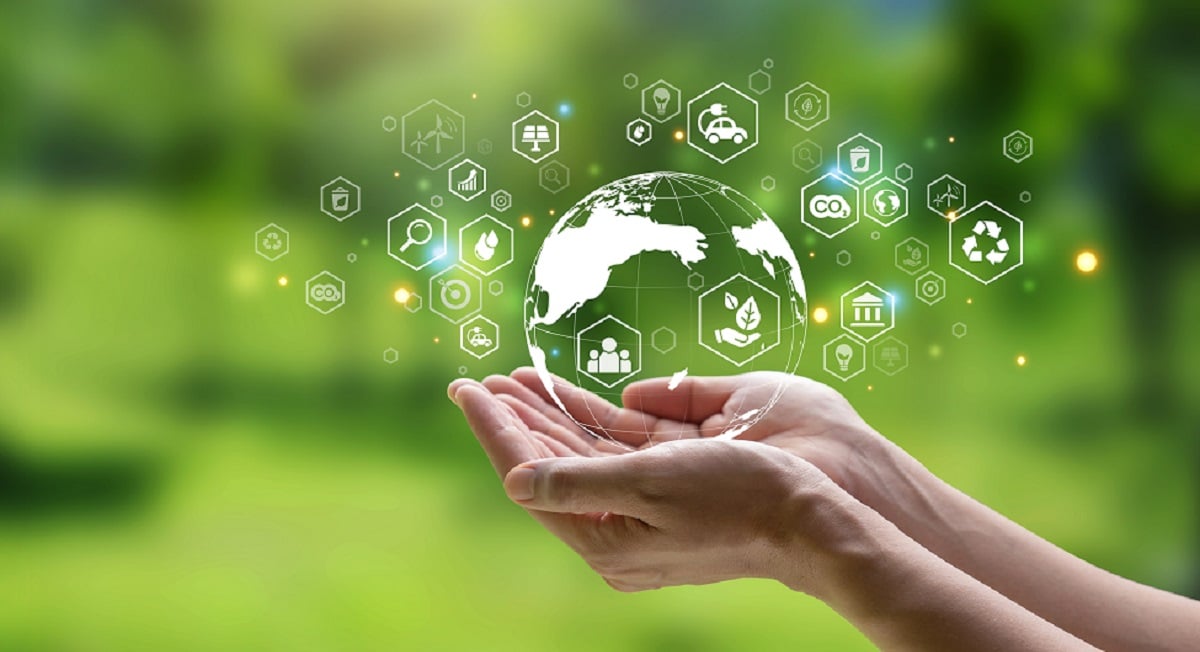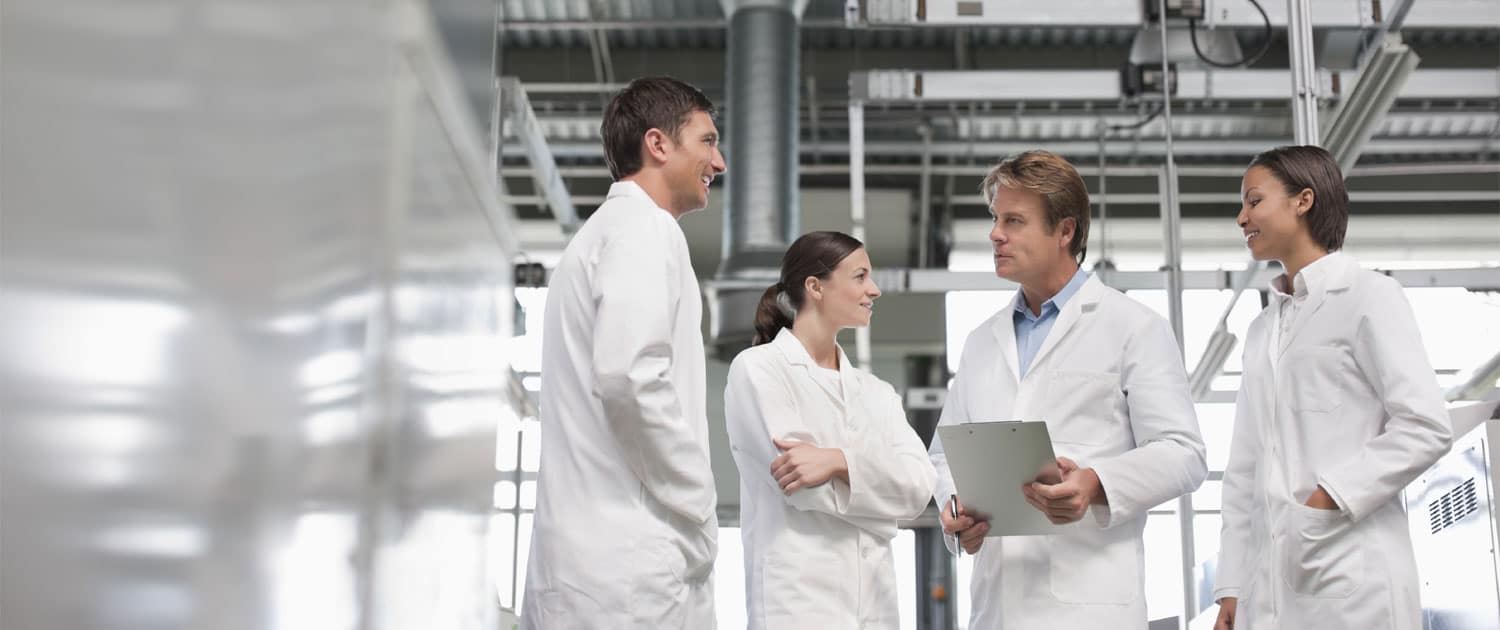The Biopharmaceutical industry is an innovation driver that has brought life-saving and life-changing technologies to patients across the globe. And like all industries, it is under increasing pressure to address its environmental impact and reduce emissions. For the biopharmaceutical industry, the heavy reliance on single use systems (SUS) creates an additional challenge, how to reduce the plastic footprint. Currently, the vast majority of plastic used in biopharmaceutical manufacturing ends up in landfill or incineration plants instead of being returned to the supply chain via recycling. But plastics used in Biopharma are uniquely difficult to recycle due to their composition and use. How do we harness the power of innovation to solve this challenge? By identifying what is needed for success and taking action to develop solutions.
The ultimate goal for plastics recycling is to achieve circularity, also known as upcycling and plastic-to-plastic recycling. With upcycling, plastics are brought back into the supply chain as raw materials of equal or greater value. Downcycling results in plastic polymers of lower quality and is the fate of almost all recycled plastics. Plastics are mostly mechanically recycled by shredding sorted plastic waste and then melting that waste down to form pellets. This process results in shortening the polymer chain with each cycle thus reducing quality. To achieve circularity, plastics need to be recycled by methods such as advanced recycling that maintain the quality of the polymers. These advanced recycling methods break down the recovered plastic to its molecular level without degrading the polymer.
Making advanced recycling a viable alternative for Biopharma plastics will require overcoming multiple hurdles. Infrastructure needs to be developed to collect, sort, and clean plastic waste which requires a sufficient volume to generate interest from third-party recyclers. Biopharma plastic waste contains mixed components that must be sorted, separated, and decontaminated. This increases complexity and cost for advanced recyclers. And to be truly viable, advanced recyclers will also need a market for the recycled product. Solving these challenges will require partnership and collaboration.
Jacqueline Hollands, Global Manager for Product Recycling and Innovation at






